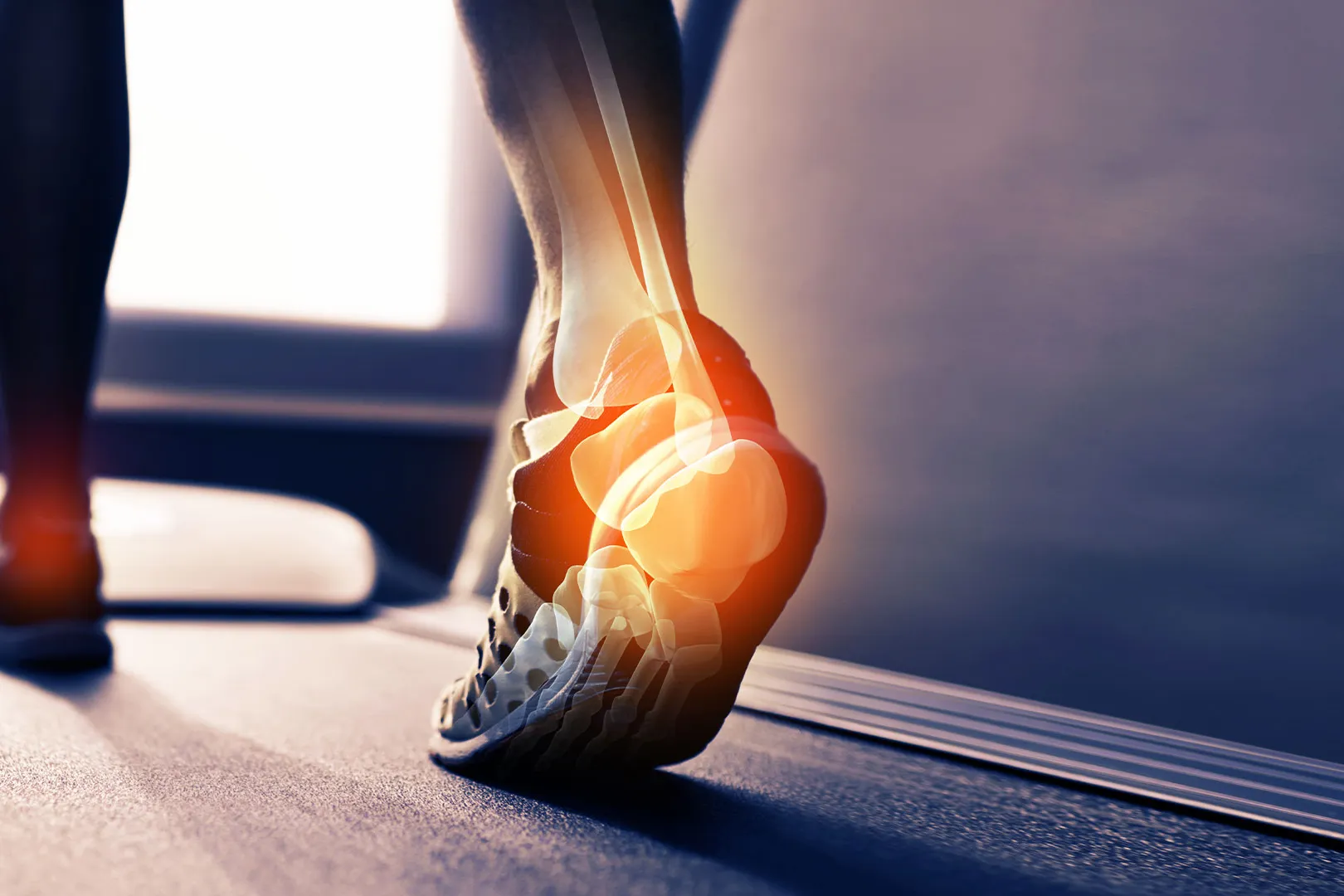
How to Maintaining Bone Health
If you’re concerned about your bone health, you might be wondering how to maintain it. The first step is to understand the causes of weakened bones and take steps to prevent them. Exercise is essential to bone health. Strength-building exercises and weight-bearing exercises should be part of your routine. Make it a point to exercise at least thirty minutes daily, but ideally, you should do more than that. You should also stop smoking and drinking excessively. If you’re worried about bone health, speak to your doctor about possible medications to prevent bone loss and reduce the risk of breaking a bone.
While your body’s natural production of bone tissue is constant, your bones are made up of a mixture of minerals. Those that are deficient in one or more of these minerals will begin to break down. You should try to eat more foods rich in calcium and vitamin C. Vitamin C is found in many foods, but citrus fruits, kiwis, blackcurrants, broccoli, brussels sprouts, potatoes, and blackcurrants are particularly rich in the vitamin. Calcium is the most important mineral for bone health and should be consumed in your diet or through a supplement.
Diets high in protein may lower bone density. Low protein intake can inhibit the absorption of calcium. It may also reduce the rate of bone formation and bone breakdown. Too much protein can leach calcium from bones, so limit your protein intake to 3.5 ounces per day. For best results, choose foods rich in calcium. Also, make sure to get enough vitamin D daily. Vitamin D helps build stronger bones, which are essential for your overall health.
Vitamin D is another important vitamin for bone health. Vitamin D is needed to absorb calcium. Vitamin D is naturally found in egg yolk and liver. Vitamin D is added to some cereals, juices, and milk. Make sure to check the Nutrition Facts label when shopping for these foods to get the vitamin D you need. When you find a food high in vitamin D, you can feel better knowing that it’s healthy for your bones.
Eating more vegetables and fruit has many benefits for your bones. In fact, a study published in PLoS One found an association between fruit and vegetable intake and bone mineral density. In addition, eating an extra serving of fruit and vegetable daily decreased the risk of fracture. The study’s authors suggest that fruits and vegetables are a great source of antioxidants that can protect your bones. They also contain calcium and vitamin D. By increasing your fruit and vegetable intake, you can maintain healthy bone growth and prevent osteoporosis.
Another important mineral that is essential for bone health is zinc. Magnesium helps convert vitamin D into active form and promote calcium absorption. Adding about 400 milligrams of magnesium to your daily diet may result in a two to three percent increase in bone density. Most foods contain small amounts of magnesium. Zinc helps form the mineral portion of our bones and promotes the formation of bone building cells. In addition, zinc helps prevent excessive bone breakdown.


